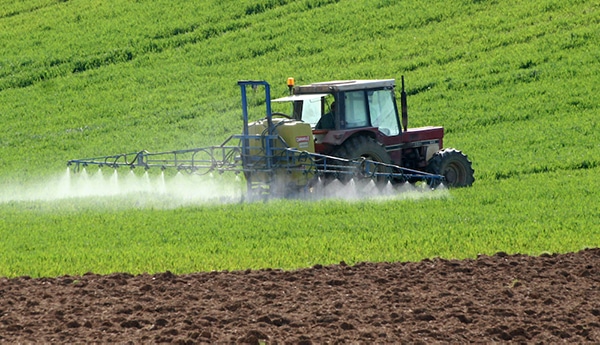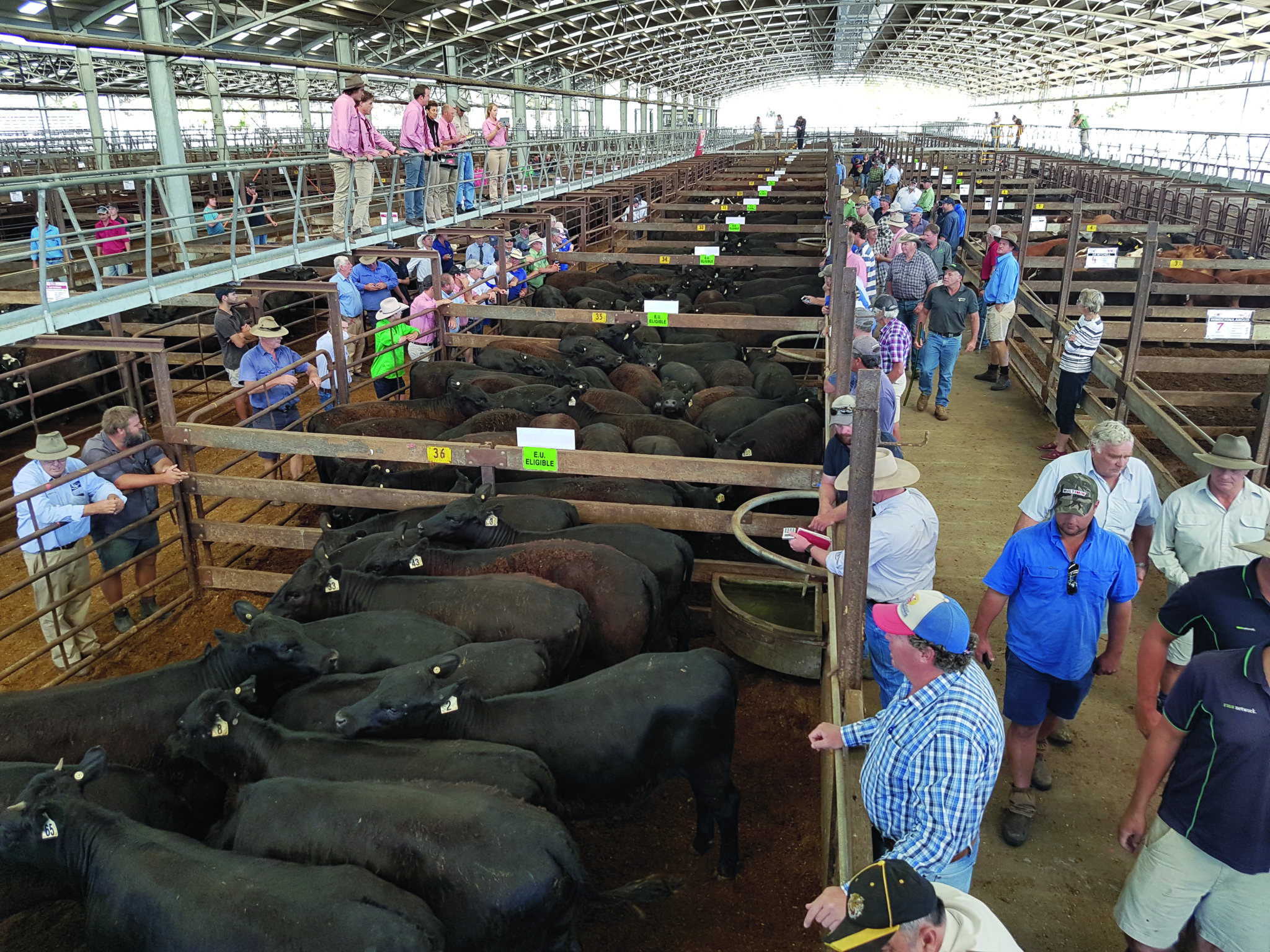Keep your workers safe from Q fever
Contracting Q fever is a high-risk hazard for agricultural workers working in livestock production and dairying. Q fever is an infectious disease that is spread from animals to people by bacteria called Coxiella burnetii. Cattle, sheep and goats are the most common source of human infection, but other animals such as kangaroos, bandicoots, camels, dogs and cats can also cause infection.
There are approximately 150 cases of Q fever in Queensland every year.
People become infected with Q fever by inhaling contaminated aerosols and dust from:
- animals, animal products and waste (e.g. milk, wool, hides, fur, urine, faeces and birth products).
- animal environments (e.g. soil, bedding, straw, hay and grass).
- other contaminated items (e.g. machinery, equipment, vehicles and clothing).
Q fever vaccination is the best way to protect workers against infection. This requires pre-vaccination screening to exclude workers who have previously been infected with, or vaccinated against Q fever, as they are at increased risk for a severe vaccine reaction. If no immunity shows in the screening, then workers should be vaccinated against Q fever.
All new workers should undergo Q fever screening and vaccination before starting work. If this is not possible, they should undergo screening and vaccination as soon as possible after starting work and work in lower risk areas until they are known to be immune.
Safety tips to protect against Q fever:
- eliminate the risks associated with Q fever (e.g. restrict
non-immune persons from visiting the workplace) - substitute a work activity with something safer, such as:
- changing a high-pressure water cleaning method with a low-pressure water system to minimise airborne aerosols
- roster on immune workers for high risk locations and tasks
- isolate the hazard:
- restrict non-essential and non-immune persons from entering Q fever risk areas
- isolate, enclose or contain the source of infection such as by installing enclosed visitor viewing areas at meatworks
- use engineering and design controls to minimise exposure
- develop safe work procedures to minimise Q fever risks
- provide workers with information, instruction and training on Q fever
- require contractors, labour hire workers and visitors to show proof of immunity to Q fever
- keep the workplace clean to minimise the accumulation of dust and dirt
- use signage to inform people about Q fever risks
- handle and dispose of animal products appropriately
- provide suitable washing facilities for workers
- implement biosecurity measures to prevent the spread of infection between animals
- use PPE.
Safety inductions
On farm inductions are the best way to ensure new workers (young and old) are aware of how the business operates, important procedures and how to manage workplace risks.
Inductions are also relevant to refresh workers moving to a new location in the business, those operating a new piece of machinery or workers who may have been on extended leave. An induction should also be given to visitors entering the workplace.
An induction checklist will help to ensure all topics are covered with each worker or visitor. Have the induction form signed and dated and store in your induction records for future reference.
Case study: The Howe Farming Group
The Howe Farming Group (HFG) at Walkamin in Far North Queensland called in Workplace Health and Safety Queensland (WHSQ) after an incident involving a piece of plant and equipment. An investigation identified that company procedures, policies and pre-start checks were not being understood by foreign workers.
HFG farm bananas, avocados, sugarcane, peanuts, blueberries, cotton, and coffee. They employ up to 500 workers including full time, casuals, locals, backpackers and seasonal workers from Vanuatu and Solomon Islands.
Company General Manager, Kimberley Mastin said, “the organisation had not been aware of the misunderstanding involving foreign workers.”
“We assumed that if they could work and physically perform the duties, then they understood the procedures. This was not the case.”
“It was suggested by WHSQ Inspectors to look at translating our guidelines, induction paperwork and pre-start checks to our workforce’s first languages.”
“We considered a couple of companies and were quoted $80,000-$140,000 for 40 documents to be translated into five languages. It was then decided we would use Google translate and get some of our crew to proofread to ensure the grammar was correct.”
“The translated documents are now part of our induction and training process. Once a full outline of the job is done through the guidelines, the normal training occurs.”
“Show the team member what to do, assist them to do the job and then watch them do it. Repeat if necessary,” Ms Mastin said.
HFG now also trains all operators of plant, equipment and vehicles on their roles and responsibilities so they fully understand how and why pre-start checks are done. Translated documents are added to employee packs and guidelines and a pictorial of a pre-start check was also prepared to ensure full comprehension of the machines and process.
Workers now have a better understanding of safety strategies for the company, as well plant and equipment safety. Workplace testing showed a massive rise from 12 per cent to 96 per cent of workers scoring top marks for knowing correct procedures and operating instructions.
More information
For more farm safety information visit worksafe.qld.gov.au.
Article kindly provided by Workplace Health & Safety Queensland







